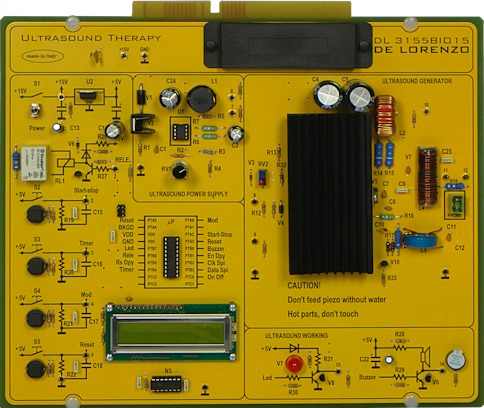BIOMEDICAL ENGINEERING Training Systems
BIOMEDICAL ENGINEERING Training Systems
Biomedical engineering is the application of engineering principles to life sciences. It combines the logic of engineering design and the analysis tools of mathematics, physics, chemistry, biology, biotechnology, pharmacy, etc. Biomedical engineering is the midpoint between telecommunications, electronics, computer science, and life sciences, including medicine, pharmacy, biology, and biotechnology. With our training systems, De Lorenzo aims to address the training of biomedical technical engineers and biomedical laboratories. That is why the objective of our laboratories is to develop their skills so that they can develop professionally in the work environment of the biomedical industry in terms of the design, manufacture, maintenance, and repair of biomedical equipment. At De Lorenzo, we always pay attention to the improvement, quality, and development of the skills of future professionals of the 21st century.
POWER SUPPLIES AND SOFTWARE Training Systems
Training professionals in Biomedical Engineering with practical skills and theoretical knowledge is a challenge that has always existed in education. Practice allows the engineer and technician to make decisions, design, build, etc. Our modules have interconnected theories and practices that allow students to learn gradually and provide teachers with tools to plan their courses. Our software allows students to practice their learning activities on their personal computers. Furthermore, the classroom can have Laboratory Management software that allows the performing of complete practices where the teacher controls all the topics students will study from their workstation.
POWER SUPPLY UNIT WITH VIRTUAL INSTRUMENTATION
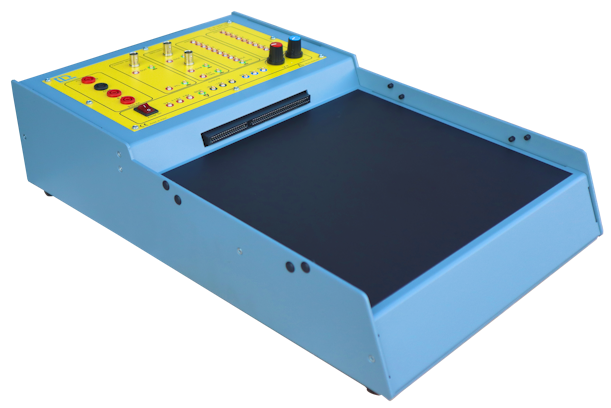
DL 3155AL3
DC POWER SUPPLY
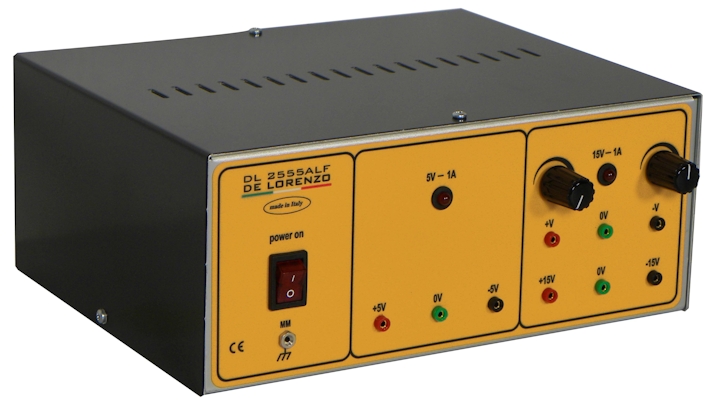
DL 2555ALF
DC POWER SUPPLY
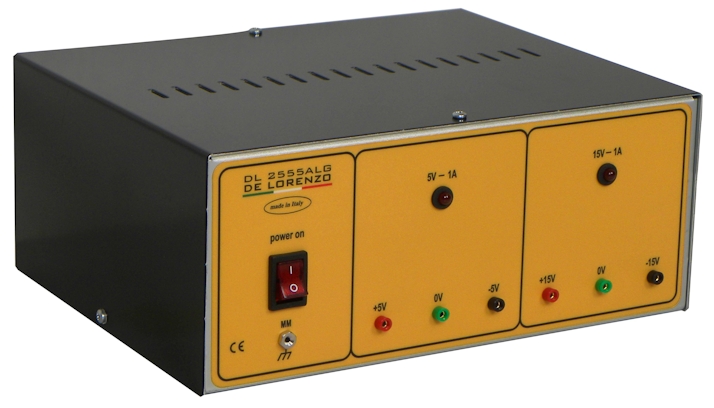
DL 2555ALG
LABORATORY MANAGEMENT SOFTWARE
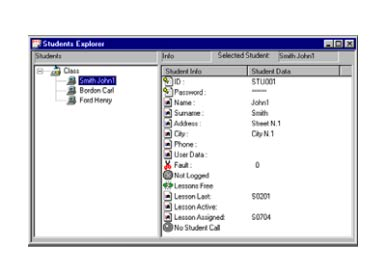
DL LAB
BASE FRAME WITH POWER SUPPLY AND INTERFACE TO PC
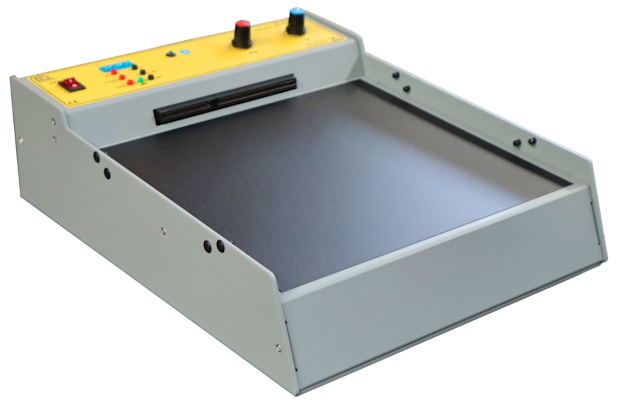
DL 3155AL2
AC POWER SUPPLY
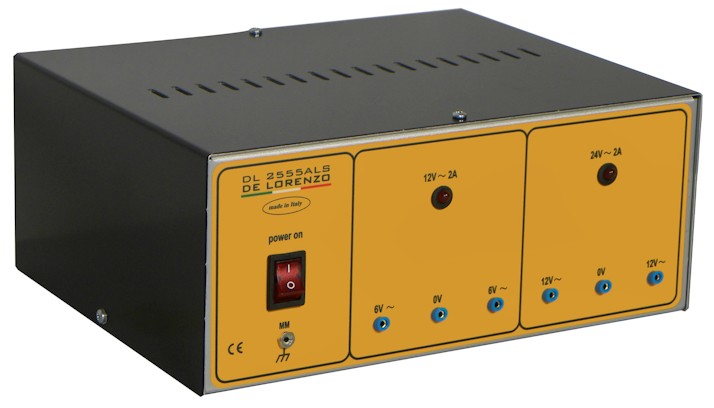
DL 2555ALS
TRANSDUCERS AND SIGNAL CONDITIONING Training Systems
These modules convert a biological signal of interest (blood pressure, action potentials, glucose concentration, temperature, etc.) into an electrical signal that can be processed and administered analogically or digitally. With these teaching modules, students will develop practices in using resistive, optical, and/or photoelectric sensors and transducers used in temperature data and optical signal acquisition, among others. Biomedical transducers are of great importance in the medical field, as they are essential when diagnosing different pathologies correctly.
TRANSDUCERS
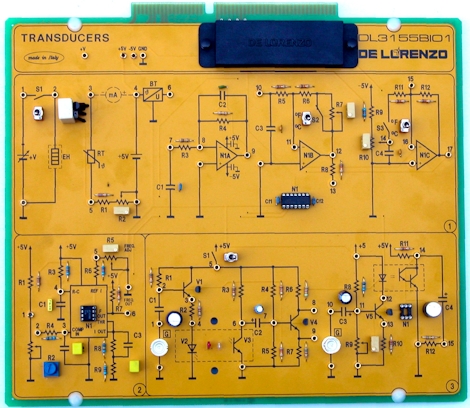
DL 3155BIO1
AMPLIFIERS
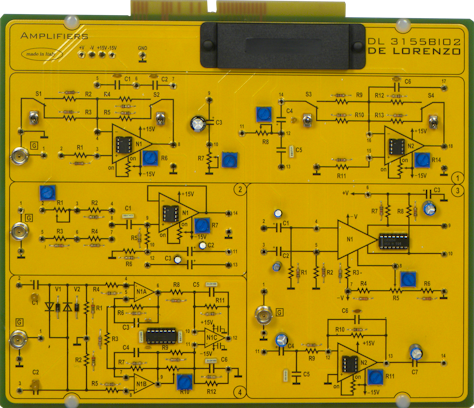
DL 3155BIO2
FILTERS
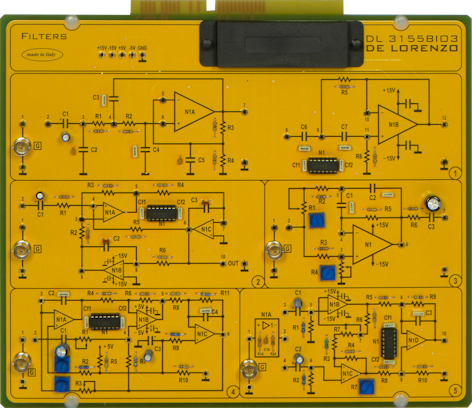
DL 3155BIO3
PULSE CONVERSION
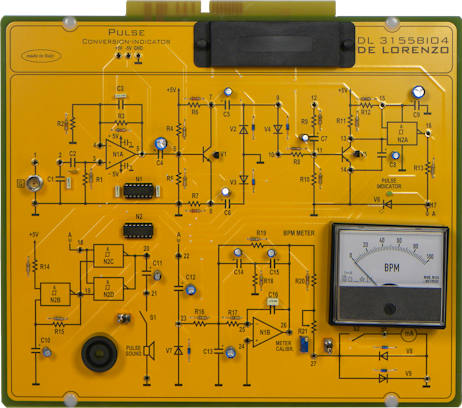
DL 3155BIO4
BODY MONITORING Training Systems
Bioelectrical potentials are ionic voltages produced due to the electrochemical activity of certain types of cells called excitable cells, which can be nervous, muscular, and glandular. Their registration requires sensors capable of converting ion flows into electrical currents that provide complementary information for medical diagnosis and treatment. The educational goal of each of the didactic systems offered in this biomedical line is that students know and understand the operation of the devices, the general specifications of their systems, and their control characteristics.
ECG – EEG – EMG
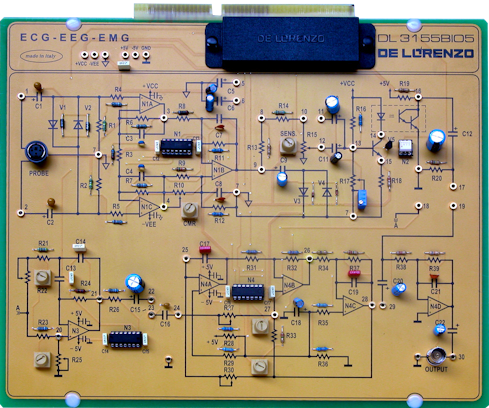
DL 3155BIO5
CARDIAC RITHM
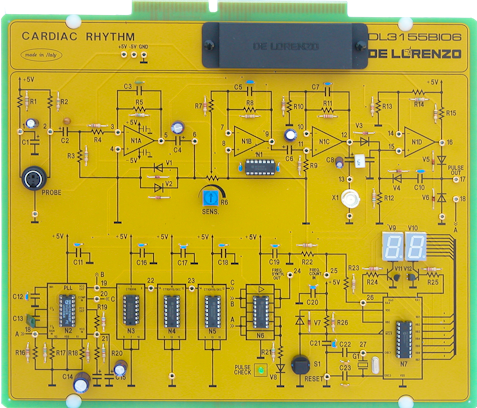
DL 3155BIO6
TEMPERATURE AND RESPIRATION
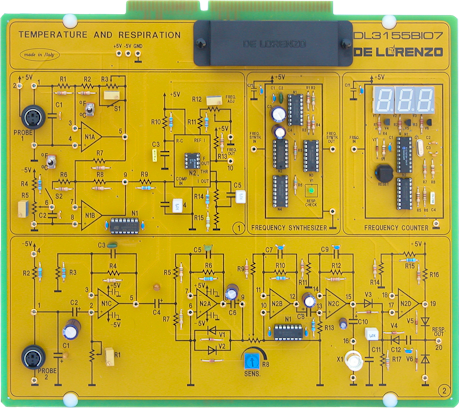
DL 3155BIO7
GALVANIC SKIN RESISTANCE
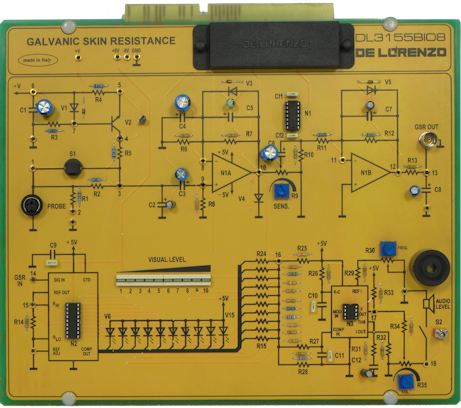
DL 3155BIO8
AUDIOMETER
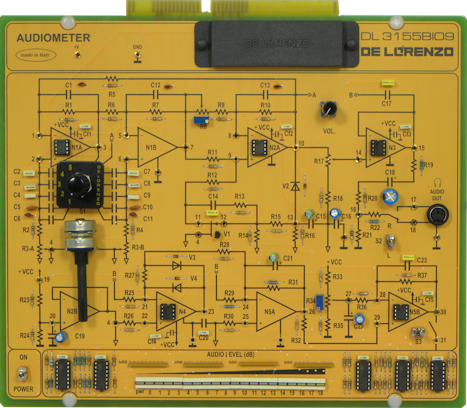
DL 3155BIO9
BLOOD PRESSURE MONITORING
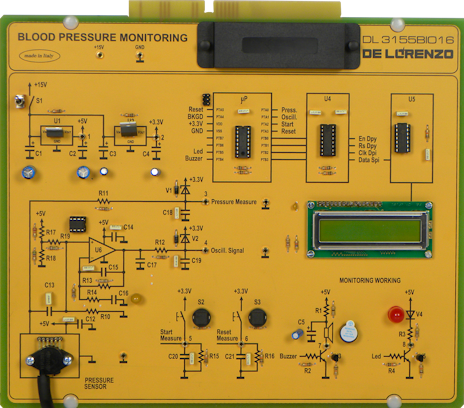
DL 3155BIO16
THERAPY Training Systems
Therapies are fundamentally complementary methods of rehabilitation in disabling processes, such as certain acute and chronic rheumatological or neurological diseases. Another fundamental use is the relief of painful processes, mainly trauma, but also as a means of relieving muscle spasms. There is a wide range of equipment on the market, that is why Biomedical doctors must be trained in the knowledge of its characteristics, use, scope and most common technical faults.
T.E.N.S.
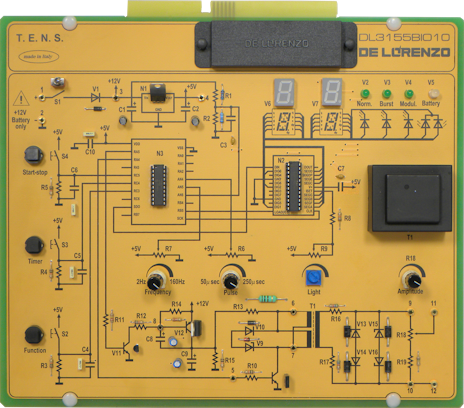
DL 3155BIO10
MAGNETOTHERAPY
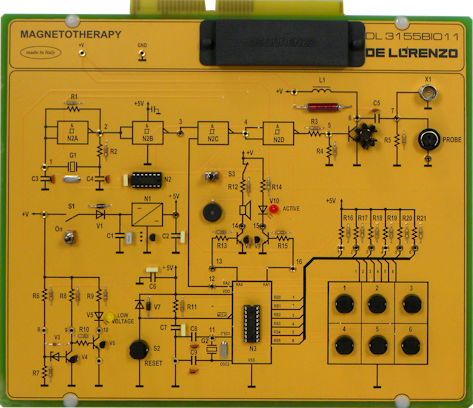
DL 3155BIO11
ELECTROSTIMULATION
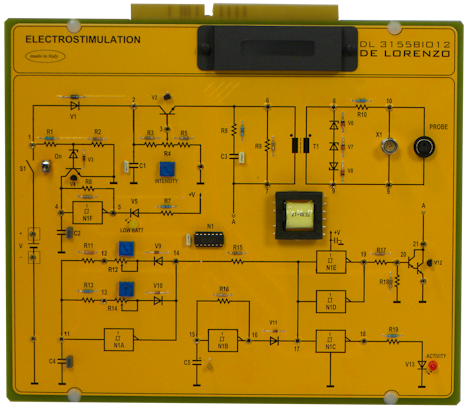
DL 3155BIO12
LASER THERAPY
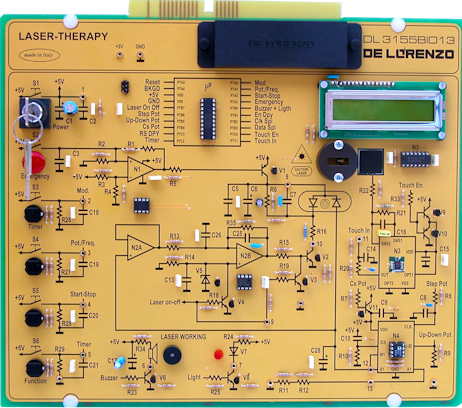
DL 3155BIO13
IONOPHORESIS
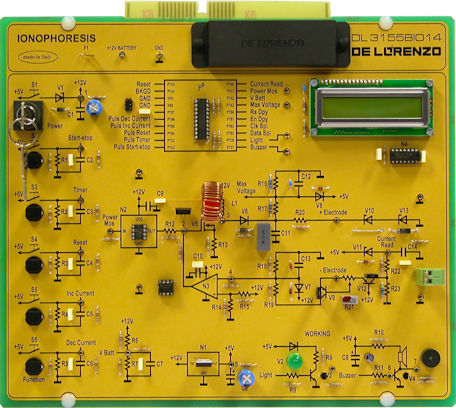
DL 3155BIO14
ULTRASOUND THERAPY
